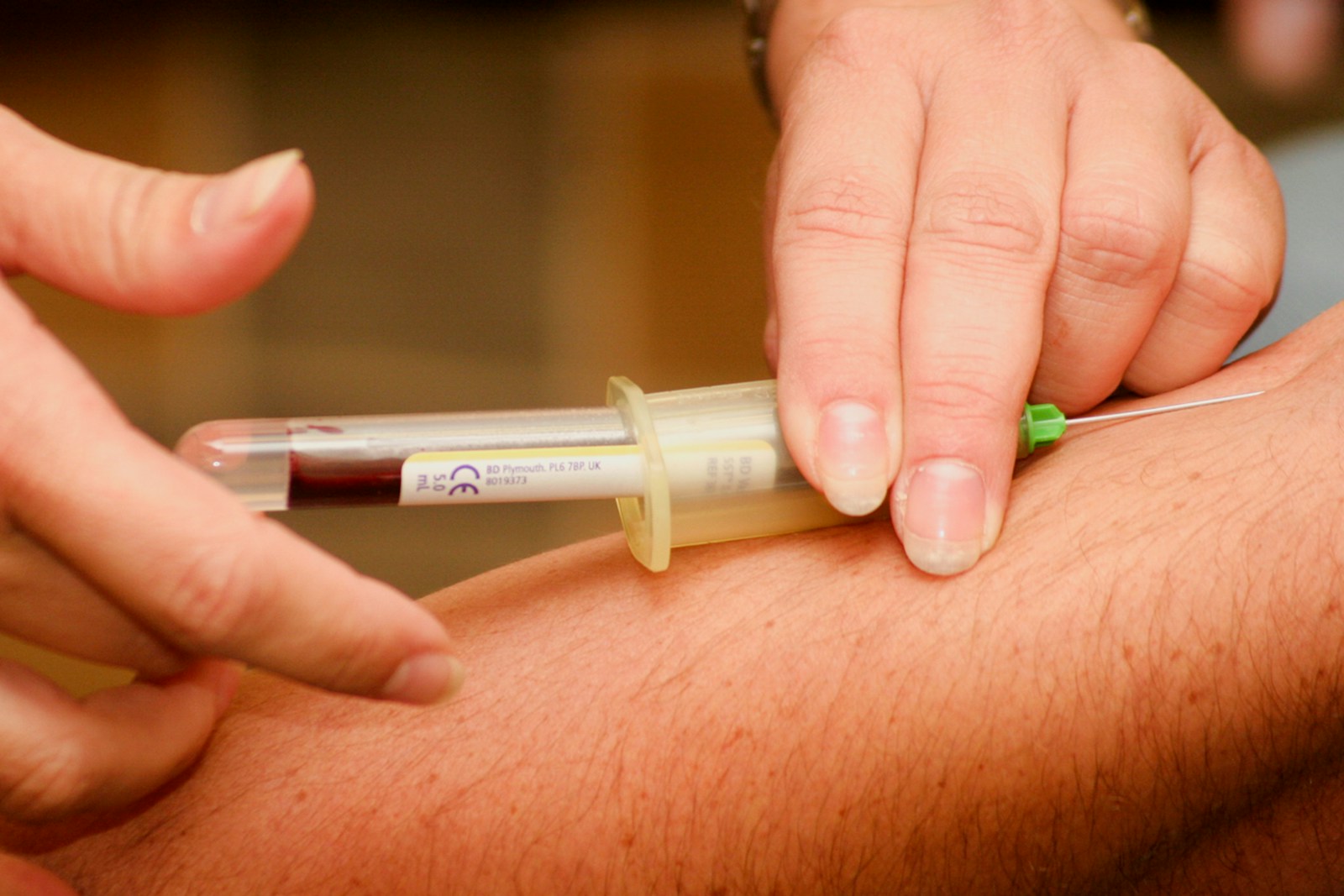Introduction
The advent of innovative health technologies is revolutionizing the healthcare landscape. From wearable devices that monitor our vitals to telemedicine platforms that bring healthcare to our fingertips, these advancements are making healthcare more accessible, efficient, and personalized. In this blog post, we explore some of the most promising health technologies, their potential impacts on public health, and insights from experts in the field.
Wearable Health Devices
Wearable health devices, such as fitness trackers and smartwatches, have become increasingly popular. These devices monitor various health metrics, including heart rate, sleep patterns, and physical activity levels, providing users with real-time feedback and encouraging healthier lifestyles.
- Impact: Wearables empower individuals to take control of their health by offering insights into their daily habits and encouraging physical activity and better sleep hygiene. Additionally, healthcare providers can use data from these devices to monitor patients remotely, enabling early detection of potential health issues.
- Expert Insight: Dr. Sarah Johnson, a cardiologist, notes, “Wearable devices have transformed preventive healthcare. By monitoring vital signs continuously, we can detect abnormalities early and intervene before they escalate into serious conditions.”
Telemedicine
Telemedicine has emerged as a game-changer, especially in the wake of the COVID-19 pandemic. This technology enables patients to consult with healthcare providers remotely, breaking down geographical barriers and improving access to care.
- Impact: Telemedicine enhances healthcare accessibility, particularly for individuals in rural or underserved areas. It also reduces the need for in-person visits, saving time and reducing the risk of exposure to infectious diseases. Moreover, telemedicine platforms often integrate with electronic health records (EHRs), ensuring seamless continuity of care.
- Expert Insight: Dr. Emily Thompson, a telemedicine advocate, states, “Telemedicine is not just a temporary solution; it’s the future of healthcare. It provides a convenient, cost-effective way to deliver quality care, particularly for chronic disease management and follow-up consultations.”
Artificial Intelligence (AI) in Diagnostics
Artificial intelligence is making waves in healthcare by enhancing diagnostic accuracy and efficiency. AI algorithms analyze vast amounts of medical data to identify patterns and predict disease outcomes, assisting healthcare providers in making informed decisions.
- Impact: AI-driven diagnostic tools can significantly reduce the time required to diagnose conditions, leading to faster treatment and better patient outcomes. For instance, AI algorithms in radiology can identify anomalies in medical images with remarkable accuracy, often surpassing human performance.
- Expert Insight: Dr. Michael Lee, an AI researcher, comments, “AI is revolutionizing diagnostics. It can process and analyze data at a scale and speed that humans cannot match, leading to earlier detection and treatment of diseases like cancer.”
Personalized Medicine
Personalized medicine tailors treatment plans to individual patients based on their genetic makeup, lifestyle, and other factors. This approach moves away from the one-size-fits-all model, offering more effective and targeted therapies.
- Impact: Personalized medicine enhances treatment efficacy and reduces the risk of adverse effects. For example, pharmacogenomics—the study of how genes affect a person’s response to drugs—helps in selecting the most appropriate medication and dosage for each patient.
- Expert Insight: Dr. Laura Martinez, a geneticist, explains, “Personalized medicine represents a paradigm shift in healthcare. By understanding the genetic factors that influence health and disease, we can develop treatments that are specifically tailored to each individual, improving outcomes and minimizing side effects.”
Robotics in Surgery
Robotic-assisted surgery is gaining traction, offering greater precision and control compared to traditional surgical methods. Robots assist surgeons in performing complex procedures with enhanced accuracy, leading to better patient outcomes.
- Impact: Robotic surgery reduces the risk of complications, minimizes scarring, and shortens recovery times. It also allows for minimally invasive procedures, which are less traumatic for patients and reduce hospital stays.
- Expert Insight: Dr. James Chen, a pioneer in robotic surgery, asserts, “Robotic-assisted surgery has revolutionized the operating room. It enables surgeons to perform delicate procedures with unparalleled precision, resulting in better patient outcomes and faster recoveries.”
Challenges and Considerations
While innovative health technologies offer immense potential, they also pose certain challenges:
- Data Privacy and Security: Protecting patient data is paramount. Healthcare providers must implement robust security measures to safeguard sensitive information.
- Cost and Accessibility: The high cost of advanced technologies can be a barrier to widespread adoption. Ensuring equitable access to these innovations is crucial.
- Training and Adaptation: Healthcare professionals need training to effectively use new technologies. Continuous education and adaptation are necessary to keep up with technological advancements.
Conclusion
Innovative health technologies are reshaping the future of healthcare, making it more accessible, efficient, and personalized. From wearable devices and telemedicine to AI diagnostics and personalized medicine, these advancements hold the promise of transforming health outcomes and improving quality of life. By addressing the associated challenges and ensuring equitable access, we can harness the full potential of these technologies to create a healthier, more connected world.



